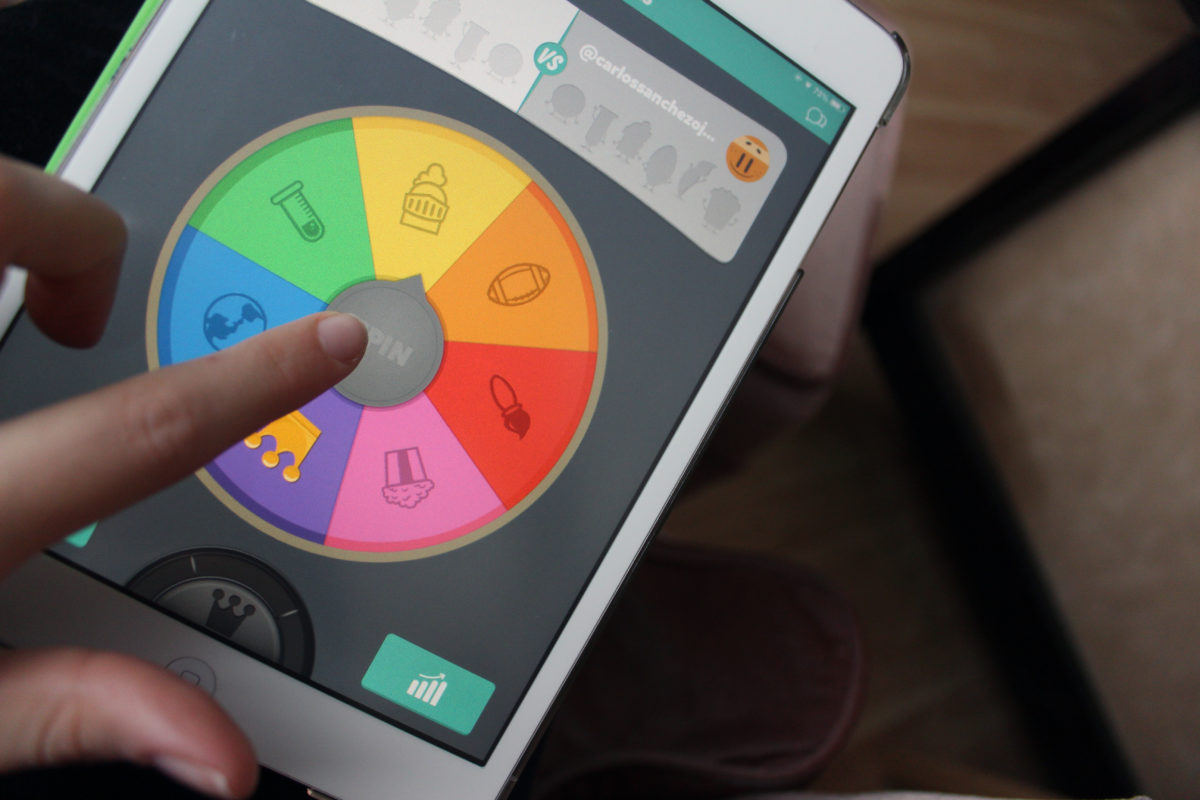Many assumed that trivia could never survive in the information age. What’s the point of having all that useless knowledge when everything you could ever want is a Google search away?

But despite our information overload, our love for competition over obscure facts remains strong.
Leading the charge is the hottest new mobile app: Trivia Crack. The app had more than 130 million downloads. It was the No.1 downloaded app for 66 straight days. And it’s not like social media is crowding out competition in real social settings. At least three local bars, including the UNB Grad Club and the Corked Wine Bar on Wednesdays and the Phoenix on Thursdays, are packing their pubs with petty-detail-loving patrons.
Call it the new information addiction.
Trivia Crack certainly lives up to its name. Second-year Hadeel Ibrahim says it’s a go-to game whether you’ve got a minute or an hour.
“I played it for the sake of playing it for a while. Like I’d sit down and play trivia crack… (at most) Probably two hours straight.”
Players have a choice of four possible answers, including categories such as history, arts, science, geography and sports. You can play against friends or challenge strangers. What sets Trivia Crack apart is how questions are user-generated.
“So really people my age will ask questions that people my age would know the answer for. No new knowledge is gained or retained.”
The app developers themselves report on average more than a million questions submitted a day. Approximately 1,500 make it on. “How old is Justin Bieber?” gets old fast.
So if Trivia Crack really is just the crack of the trivia world, addictive and instantly gratifying, do the trivia tree’s roots go deeper?
St. Thomas professor Alan Hall has been a trivia fan long before trivia’s mobile takeover. As he explains, disputes in the Hall household had one solution.
“My brother and I would settle things with Trivial Pursuit,” Hall said, referring to the Canadian-invented board game that swept North America in the 1980s.
Winning at trivia feels like it means something. Jeopardy fans can agree. Ibrahim says she knows the thrill of trivia victory.
“I would remind someone that I beat them if I see them in real life.”
Likewise, losing cuts deep.
“It stings deep to lose at trivia,” says Hall.
It’s the dark side of trivia: useless, petty, and ultimately, trivial. Hall says it exists in a grey zone.
“It looks like you’re smart, but it’s unclear what kind of smart it is.”
Winning at trivia may seem not only shallow but empheral, but losing can feel like a bigger deal. Frida Guerrero, a third-year student, says, “It makes me feel like I’m stupid because I never know the answers.”
Hall’s trivial regret reaches way back to his bartender days. The Internet was in its infancy, and it was Hall’s job to write the questions. The beer-pitcher winning question was always the hardest. Hall thought no one would know old NHLer Bill (“Lighting in a Bottle”) Mosienko’s nickname. One patron in the far back answered “Lighting!” but Hall didn’t count it on technicality.
“I wish I could find that guy, buy him a pitcher.”
